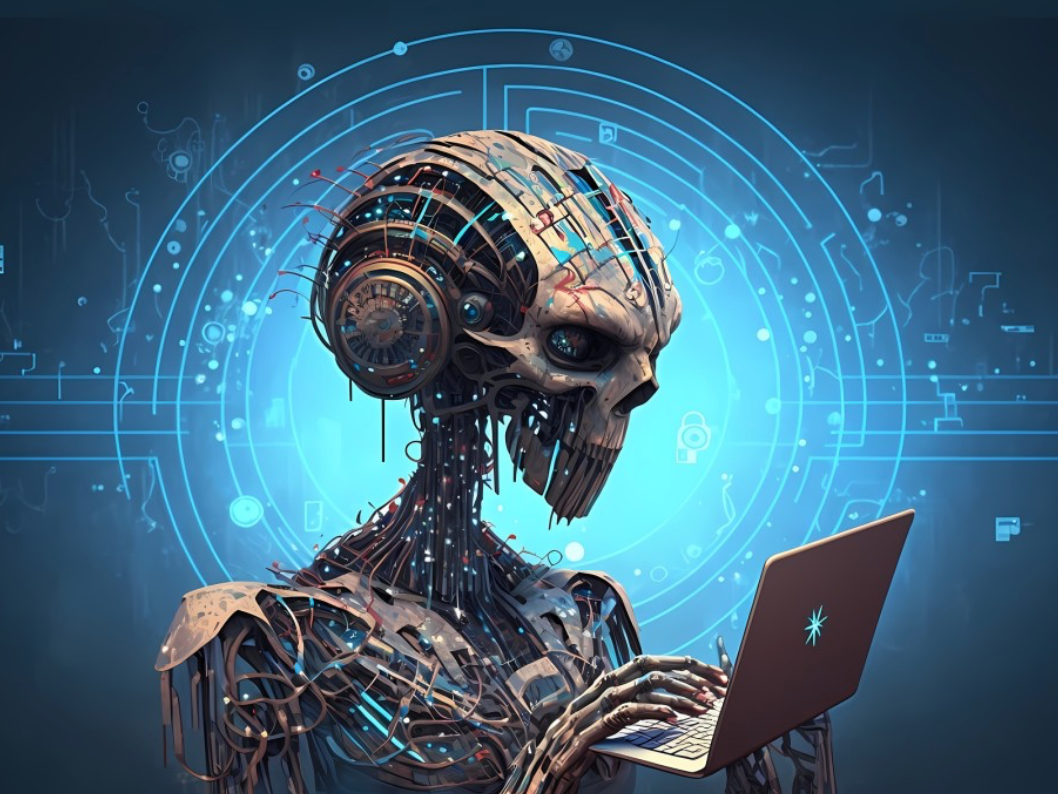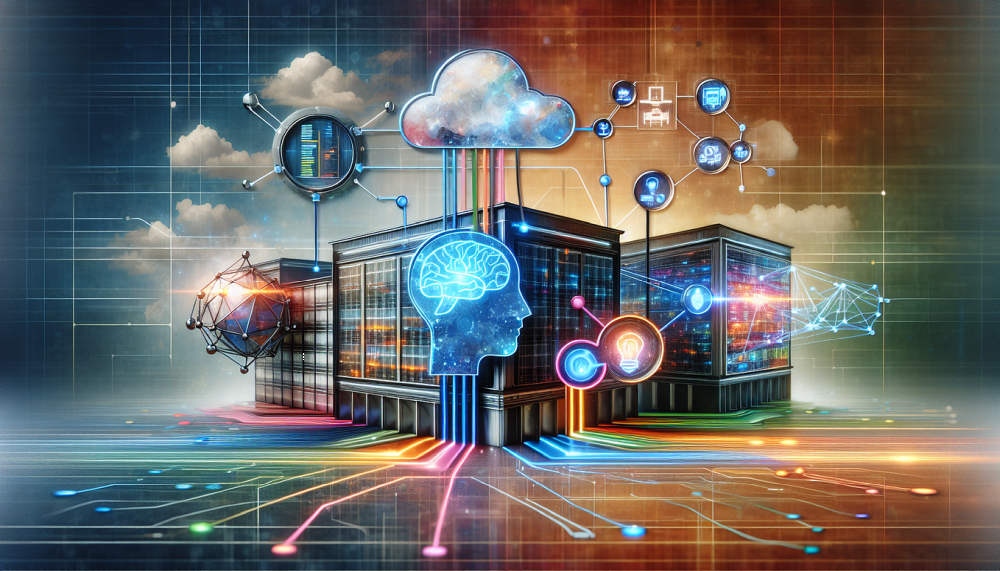AI has long been defined by its limits—what it supposedly can’t do. Yet time and again, those limits have fallen. Machines now reason, speak, and create, pushing far beyond earlier expectations. The shift from raw data to applied wisdom illustrates how far we’ve come, but also how much still depends on human guidance and intention.

From mastering chess to composing art, AI has achieved feats once thought unattainable. It interprets language, drives cars, and crafts text indistinguishable from human writing. These advances have redefined creativity itself, proving that innovation doesn’t require consciousness—only patterns, data, and direction. But as impressive as these achievements are, they remain narrow in scope.

True general intelligence remains out of reach. Today’s AI lacks common sense, emotional depth, and real self-awareness. It hallucinates facts and consumes vast resources to function. Sustainability, ethical reasoning, and understanding the “why” behind actions are still challenges left to human minds. The conversation about AGI is as philosophical as it is technical.

The future of AI won’t be defined by machines replacing us but by how well they amplify what we decide matters. Humans set purpose; AI executes it. The boundary between human and artificial intelligence is not a wall but a moving frontier—one that forces us to rethink what wisdom truly means in an age of algorithms.

#AI #ArtificialIntelligence #GenerativeAI #AGI #Technology #Ethics #Innovation #MachineLearning
